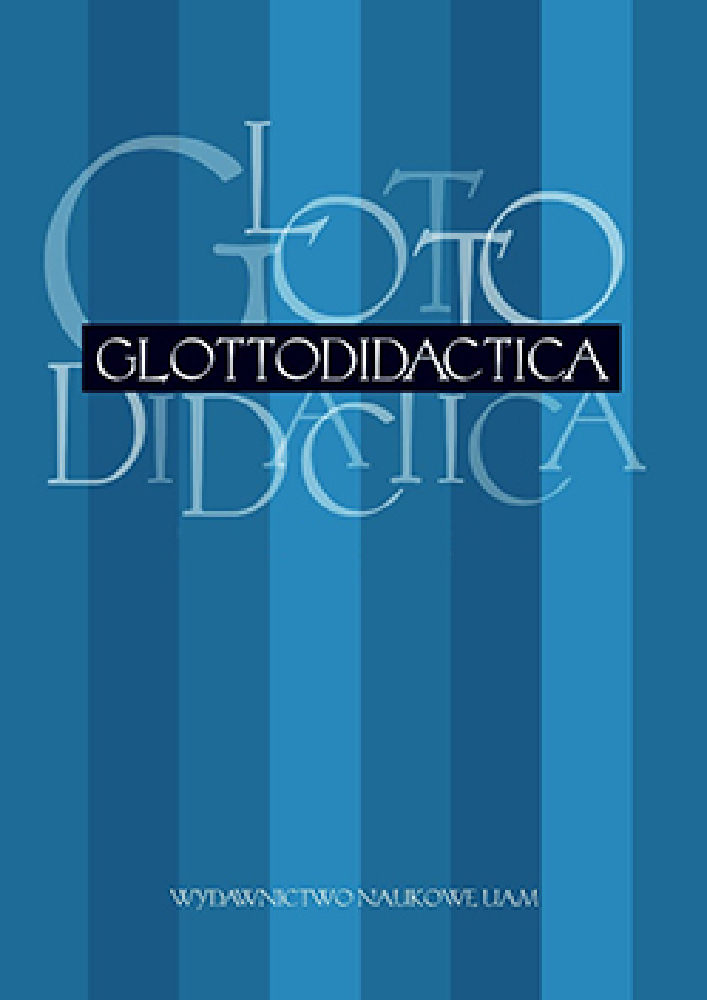Résumé
The use of a reduced verbal system as ELF English as a lingua franca in the sciences does not appear to be a perfectly adequate way of expressing cultural identities. A modern society should instead enforce, through instruction, the understanding of several national cultural scripts, one’s own and others, and the understanding of the way communication and languages works. Multilingualism and interculture in the scientific world can be made possible by the digital world and its new editorial products.
Références
Assmann, A., 2007. Die Geisteswissenschaftler als Schutzengel des kulturellen Gedächtnisses. In: Klaus-Michael Kodalle (ed.). Geisteswissenschaften – Im Gegenwind des Zeitgeistes. Mainz: Akademie der Wissenschaft und der Literatur, 61-75.
Broszinsky-Schwabe, E., 2011. Interkulturelle Kommunikation. Wiesbaden: VS-Verlag für Sozialwissenschaften.
Clyne, M., 1994. Inter-cultural communication at work. Cultural values in discourse. Cambridge: Cambridge University Press.
Ehlich, K., 2011. Wissenschaftssprachliche Strukturen. In: Eins, W., Glück, H., Pretscher, S. (eds). Wissen schaffen – Wissen kommunizieren. Wissenschaftssprachen in Geschichte und Gegenwart. Wiesbaden: Harrassowitz, 117-131.
Eichinger, L.M., 2010. Vom Nutzen der eigenen Sprache in der Wissenschaft – am Beispiel des heutigen Deutsch. In: Kirchhof, P. (ed.). Wissenschaft und Gesellschaft. Begegnung von Wissenschaft und Gesellschaft in Sprache. Heidelberg: Winter, 27-43.
Foschi Albert, M., 2009. Kulturspezifische Züge schriftlicher Textsorten am Beispiel italienisch- und deutschsprachiger wissenschaftlicher Rezensionen. In: Dalmas, M., Foschi Albert, M., Neuland, E. (eds). Wissenschaftliche Textsorten im Germanistikstudium deutsch-italienisch-französisch kontrastiv Trilaterales Forschungsprojekt in der Villa Vigoni (2007-2008). Menaggio di Loveno: Villa Vigoni [http://www.villavigoni.eu/index.php?id=79&L=1], 258-277.
Gumperz, J.J., 1982. Discourse Strategies. Cambridge: Cambridge University Press.
Hoffmann, E., 1989. Lost in translation: A Life in a new Language. New York: Dutton, Bitte streichen.
Hopf, H., 2010. Die Lage der Wissenschaftssprache Deutsch in der Chemie. In: Kirchhof, P. (ed.). Wissenschaft und Gesellschaft. Begegnung von Wissenschaft und Gesellschaft in Sprache. Heidelberg: Winter, 95-108.
House, J., 2010. The Pragmatics of English as a lingua franca. In: Trosborg, A. (ed.). Pragmatics across Languages and Cultures. Berlin–New York: De Gruyter Mouton, 363-387.
Khoo Thwe, P., 2002. From the Land of Green Ghosts: A Burmese Odyssey. New York: Harper Collins.
Kirchhof, P., 2010. Vorwort. In: Kirchhof, P. (ed.). Wissenschaft und Gesellschaft. Begegnung von Wissenschaft und Gesellschaft in Sprache. Heidelberg: Winter, 7-10.
McCarty, T.L., Romero-Little, M.E., Warhol, L., Zepeda, O., 2010. “I’m speaking English Instead of My Culture”: Portraits of Language Use and Change among Native American Youth. In: Farr, M., Seloni, L., Song, J. (eds). Ethnolinguistic Diversity and Education. Language, Literacy, and Culture. New York–London: Routledge, 69-98.
Niemeier, S., 1998. Introduction. In: Niemeier, S., Campbell C.P., Dirven, R. (eds). The Cultural Context in Business Communication. Amsterdan–Philadelphia: John Benjamins Publishing Company, 1-10.
Sa’adeddin, M.A., 1989. Text Development and Arabic-English Negative Interference. In: Applied Linguistics 10, 1, 36-51.
Sarangi, S., 2009. Culture. In: Senft, G., Östman, J.-O., Verschueren J. (eds). Culture and Language Use. Amsterdam–Philadelphia: John Benjamins Publishing Company, 81-104.
Skowronek, B., 2011. Deutsch als Fremdsprache, ökokratisches Konzept. In: Glottodidactica XXXVII, 129-140.
Thielmann, W., 2009. Deutsche und englische Wissenschaftssprache im Vergleich. Hinführen – Verknüpfen – Benennen. Heidelberg: Synchron Wissenschaftsverlag der Autoren.
Trosborg, A., 2010. Introduction. In: Trosborg, A. (ed.). Pragmatics across Languages and Cultures. Berlin–New York: De Gruyter Mouton, 1-39.
Wierzbicka, A., 2010. Cultural scripts and intercultural communication. In: Trosborg, A. (eds). Pragmatics across Languages and Cultures. Berlin–New York: De Gruyter Mouton, 43-78.
Licence
Auteurs
Les auteurs de textes acceptés pour publication dans la revue Glottodidactica sont tenus de remplir, signer et renvoyer à l'adresse de la rédaction, un accord sur l'octroi d'une licence gratuite pour les œuvres, avec obligation d'accorder une sous-licence CC.
Conformément à cet accord, les auteurs des textes publiés dans la revue Glottodidactica accordent à l'Université Adam Mickiewicz de Poznań une licence non exclusive et gratuite et autorisent l'utilisation de la sous-licence Creative Commons Attribution-NoDerivatives 4.0 International (CC BY-ND 4.0).
Les auteurs se réservent le droit de disposer librement de l'œuvre.
Utilisateurs
Les utilisateurs d'Internet intéressés ont le droit d'utiliser les œuvres publiées dans la revue Glottodidactica depuis 2016, selon les conditions suivantes :
- Attribution – obligation de fournir, conjointement avec l'œuvre distribuée, des informations sur l'auteur, le titre, la source (lien vers l'œuvre originale, DOI) et la licence elle-même.
- Aucune modification – l'œuvre doit être préservée dans sa forme originale. Sans le consentement de l'auteur, il n'est pas possible de distribuer l'œuvre modifiée sous forme de traductions, publications, etc.
Les droits d'auteur sont réservés pour tous les textes publiés avant 2016.
Autres
L'Université Adam Mickiewicz de Poznań conserve les droits sur la revue dans son ensemble (mise en page, forme graphique, titre, conception de la couverture, logo, etc.).
A PARTIR DE L’ANNEE 2015, LES ARTICLES PUBLIÉS DANS LA REVUE SONT DISPONIBLES SOUS LICENCE CREATIVE COMMONS : https://creativecommons.org/licenses/by-nd/4.0/deed.fr




